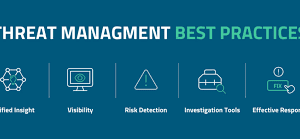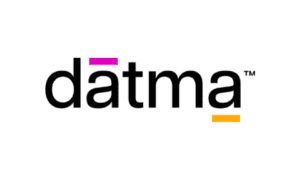Clinical research has been around since the dawn of our species, in some shape or form. Humans have always tested new remedies and worked to improve healthcare, even before we had an in-depth understanding of human health. Today, of course, the process is structured, controlled, and very strict, so as not to cause harm and ensure that new treatments actually work before they are sold to the general public.
Today, we have more tools than ever for developing new treatments and healthcare protocols. Data, for instance, has been allowing researchers to study trends and gain insights that are helping to push clinical research forward. Here’s what that looks like in practice.
The Current State of Clinical Research
Fortunately, we’ve moved far, far beyond having someone eat a plant and hoping it helps alleviate pain. But what is the current state of clinical research? How do scientists test new drugs and treatments as safely as possible?
For ethical clinical research, scientists are obligated to conduct their “real-world” research after they have taken extensive steps to ensure the safety of their interventions for volunteers. However, the real test is through observational or clinical trials.
In a clinical trial, researchers follow four phases in testing their intervention:
- Dosing and minimizing side effects
- Assessment of safety
- Comparison to old treatments
- Approval for widespread testing
Once a clinical trial has passed through all four of these phases successfully, a treatment can be approved for sale.
How Big Data Makes Research Faster & More Effective
Understandably, the clinical research process is lengthy and complex. No one wants to put innocent volunteers at risk with an undertested therapy. But this lag does have its downsides: it can slow down the approval of new medical breakthroughs that could help countless people.
Big data and artificial intelligence, however, have the potential to improve the process considerably. Being able to sift through a large amount of healthcare data quickly and find relevant patterns has huge implications for the clinical research process.
Not only could it help researchers develop trial-ready therapies more quickly, but these tools could also help them find the right patients for their studies and place a magnifying glass on the process, allowing them to collect data on how patients are responding. Data could even eliminate the need to recruit a control group, by creating “digital twins.”
The Benefits of Big Data, AI & Improved Data Management for Clinical Research
It’s hard to overstate just how helpful big data management could be in improving the clinical research process for so many reasons. One of the biggest benefits of using data and AI in clinical research is speed—safe speed. Instead of “rushing” a drug to market, data can help to catch errors, help researchers make smart, logical decisions, and quickly guide them through the process.
Data use reduces friction and bottlenecks in the process, which are often what hold things up. That’s extremely helpful for all types of research, but especially so during a global health emergency, like the COVID-19 pandemic.
How Data Solutions Have Been Used During the Pandemic
Although the pandemic has devastated communities all over the globe, it has ushered in some positive changes in medicine, including clinical trials. Researchers are beginning to see new possibilities and trying out decentralized trials, which allow volunteers to participate while isolating, thanks to telehealth.
New health data management solutions have made these new protocols possible. Being able to track patients’ data remotely or to have them voluntarily provide data is a game-changer, especially during a public health crisis. Smart data sharing can increase the public’s knowledge of key health facts and improve the development of treatments for illnesses like COVID-19.
Data Management: Improving the Quality of Research & Health Care
Although data has huge potential in pushing clinical research forward, organizations do not always manage their data well. Without proper management and sharing, data can’t be fully leveraged and may prove detrimental. Data is factual, but there can be errors in collection and management.
With that said, healthcare quality management can make a huge difference in different levels of the medical industry. For instance, some organizations have begun to use data in showcasing how certain protocols can reduce costs and improve outcomes. Researchers can likewise use data to showcase a need for new treatments or protocols.
The bottom line is that when it comes to clinical research, data has the potential to provide us with revolutionary advances faster than ever before. With smart management, there is no limit to what these tools can accomplish for the field of medicine and medical research, using data we are already collecting.



































